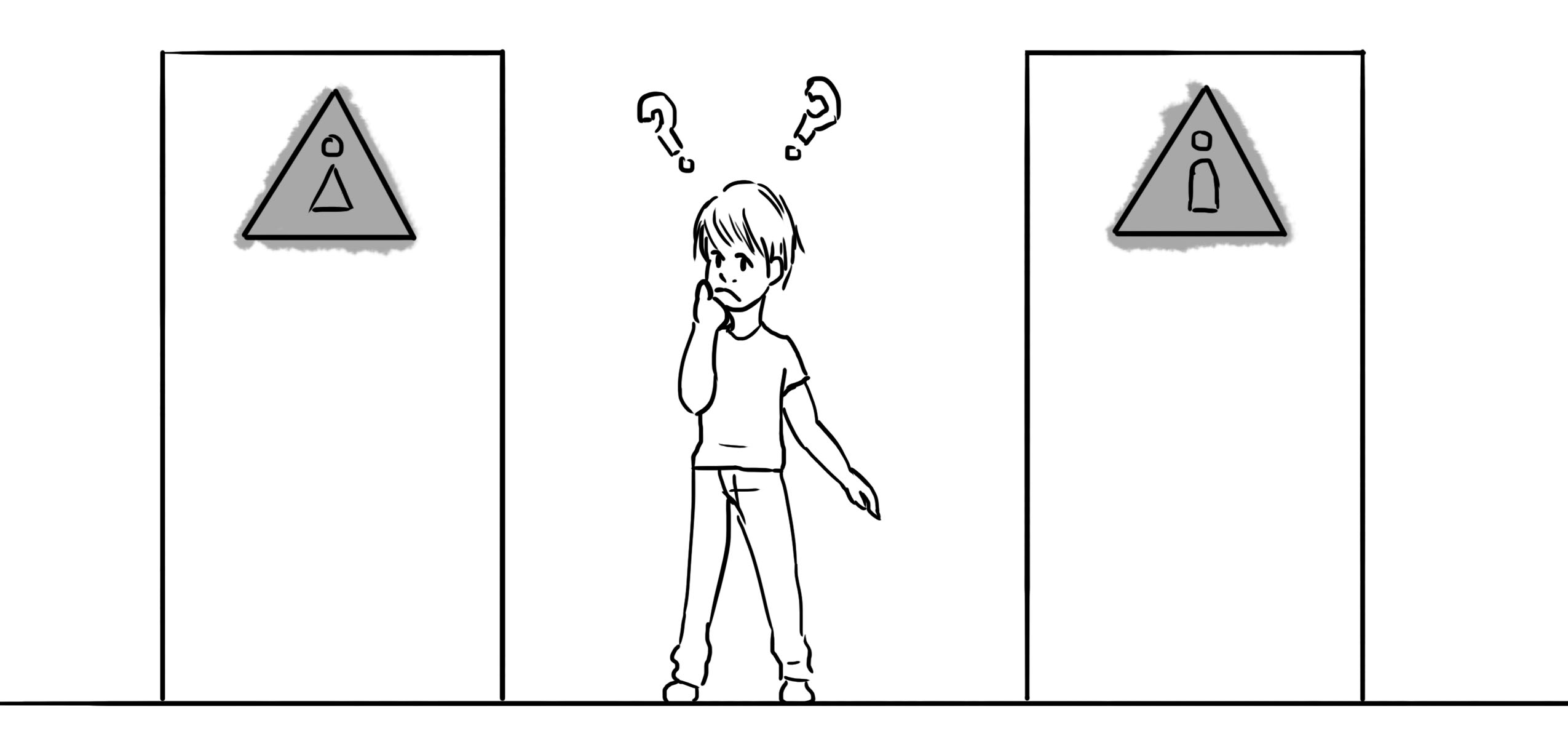Vocational schools provide another opportunity for students

By Emma Juchau,
BlueDevilHUB.com Staff–
Vocational education has been growing in popularity due to the unique programs that it can offer. Such programs typically allow students to enter a specific, specialized field of study without having to attend a four-year college or university. These schools groom students to enter the workforce sooner.
Vocational education itself, however, comes in many forms; some vocational schools are public universities, some are private and some are considered private, “for-profit” colleges. These for-profit colleges are called such because they are essentially a business– while they do educate their students, they also make a profit. As such, for-profit colleges have become quite controversial.
For-profit colleges and universities made a come-back in the mid-1970s, and enrollment continues to grow. According to a 2008 report from the Center for College Affordability and Productivity, enrollment in for-profit programs has increased by approximately 11 percent every year since then.
Vocational education allows students to focus on one particular career– mechanic, dental assistant, physical therapy aide, veterinary assistant, etc.—and prepares them to hold a job in that field.
Automotive teacher Robert Thayer sees both the positive and negative aspects of such a focused education.
“One of the pros of a place like UTI(Universal Technical Institute) is that they only teach automotive technology—you’re not going to have to take English classes, or math classes, or any of that kind of stuff,” auto shop teacher Robert Thayer said.
Thayer added, however, that an education from UTI– a private for-profit program– can cost up to $30,000 for one year. Thayer recognizes,on the other hand, that UTI also has vast resources and facilities that may provide a quality education.
According to an annual report from the National Center for Education Statistics, tuition and related fees for a private, for-profit program that is less-than-two-years long in the 2014-15 school year cost nearly as much as those for a public, out-of-state four-year college.
Agriculture teacher Alex Hess believes that local community colleges can provide a better vocational education than a for-profit university because they are more flexible. Hess stresses the importance of finding your own career path and pursuing it, and believes that community colleges allow students to explore careers and opportunities in a way that for-profit colleges do not.
“If you’re not sure[about your career], don’t invest in a private program […]. There’s a little more flexibility with the community colleges,” Hess said.
Hess appreciates that community colleges provide focused programs for studies such as welding or automotive careers that allow students to become certified or earn an associate’s degree. Those credits earned at a community college, Hess added, can also be applied if the student decides they want to pursue a higher professional degree.
Being able to transfer credits after earning a certificate or associate’s degree is what sets community colleges and for-profit colleges apart, according to Hess.
“Maybe your end goal is to be a veterinarian and to have a professional degree and go through that graduate program—post-baccalaureate program after a four-year college– but you could start off at a community college,” Hess said.
Hess also stresses that for-profit programs can be exceedingly expensive.
“You can spend a lot of money and a lot of time not progressing in any direction,” Hess said.
Thayer also recognizes the benefits of community college programs, noting that they are significantly cheaper than most for-profit programs, though they also have downsides.
“[Community College] programs usually take more months, and they don’t quite have the same facilities and resources that UTI has,” Thayer said.
Both Hess and Thayer added, however, that students should choose the path that they feel is right for themselves.
Thayer stressed that he does his best to remain neutral, and avoids pushing one educational track over the others.
“I try to just tell students what options are available to them and tell them that they should do tons of research […] think about it with their families, and then just try to make the best decision for them,” Thayer said.
Hess agrees, adding that students should pursue their interests and work to improve themselves.
“There are many routes to success,” Hess said. “Find your interests, find your passion […] build yourself in ways that you need improvement, and I think you’ll be okay.”


